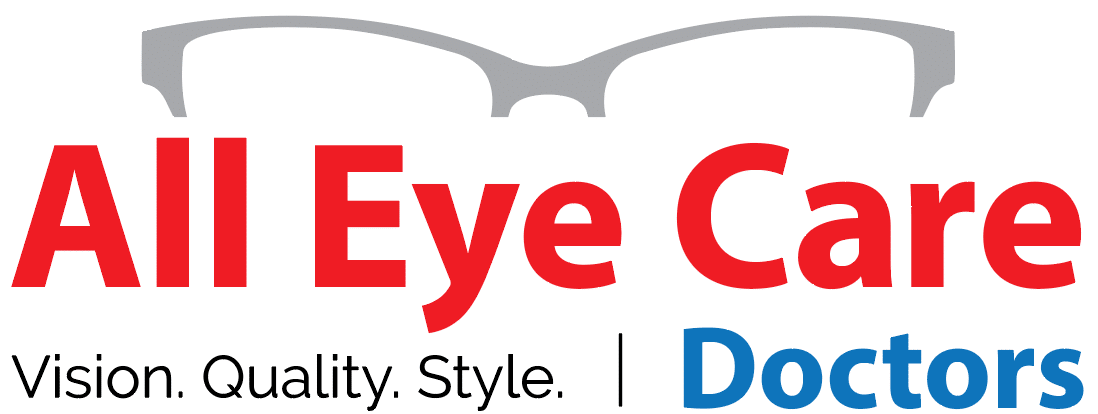Andalusia Pediatrics: Exceptional Care for Children's Health Needs
Andalusia Pediatrics: Exceptional Care for Children's Health Needs
Blog Article
Checking Out the Most Recent Innovations in Retina Treatments for Different Eye Problems

Innovations in Macular Degeneration Treatments
Macular deterioration, a leading reason of vision loss in older grownups, has seen considerable development in therapy alternatives. One groundbreaking improvement is the development of anti-VEGF (vascular endothelial development factor) injections, which have changed the administration of damp age-related macular deterioration.
In addition, the introduction of implantable mini telescopes for end-stage macular degeneration has actually offered brand-new possibilities for improving vision and quality of life in choose patients. These telescopic implants can boost aesthetic acuity and increase the aesthetic area, allowing individuals with advanced macular deterioration to do everyday tasks with better ease. eye center andalusia. Generally, these improvements represent considerable strides in the treatment of macular deterioration, offering hope and enhanced results for patients facing this tough problem
Breakthroughs in Diabetic Retinopathy Therapies
Remarkable developments in the treatment of diabetic retinopathy have recently arised, offering encouraging prospects for enhancing patient outcomes and vision wellness. Diabetic retinopathy is a severe problem of diabetes mellitus and a leading source of blindness amongst working-age adults. Among the development treatments consists of anti-vascular endothelial growth factor (anti-VEGF) injections, which have shown considerable success in taking care of diabetic macular edema and proliferative diabetic retinopathy. These shots function by minimizing irregular capillary growth and leakage in the retina, thus protecting vision.
Furthermore, laser treatments such as focal/grid laser and pan-retinal photocoagulation have actually been effective in dealing with proliferative diabetic person retinopathy by targeting specific locations of the retina to reduce abnormal blood vessel development or seal off dripping capillary. andalusia pediatrics. Novel surgical methods like vitrectomy have actually likewise progressed, allowing cosmetic surgeons to eliminate blood or mark cells from the eye's glasslike gel more exactly
Advancements in Retinal Detachment Monitoring
With innovations in surgical techniques and technology, managing retinal detachment has actually seen significant improvements in recent times. One notable innovation is making use of small-gauge vitrectomy systems, which permit minimally invasive procedures, causing faster recuperation times and far better results for people. These systems utilize smaller sized instruments, causing decreased trauma to the eye and allowing doctors to execute delicate maneuvers with greater accuracy.
In addition, the advancement of advanced imaging innovations such as optical coherence tomography (OCT) has actually transformed the diagnosis and monitoring of retinal detachment. OCT supplies high-resolution cross-sectional photos of the retina, enabling eye doctors to visualize the degree of detachment and plan therapy better.
Furthermore, making use of perfluorocarbon fluids during surgical treatment has actually enhanced medical success rates by helping with the reattachment of the retina. These liquids assist flatten the retina and displace subretinal fluid, helping in the positioning of the separated retina back right into location.
Progress in Retinitis Pigmentosa Solutions
Substantial improvements in research and therapy techniques are driving progress in resolving Retinitis Pigmentosa, a genetic eye condition that impacts the retina's capability to reply to light. Retinitis Pigmentosa (RP) results in a steady decrease in vision, typically causing one-track mind and even loss of sight. Nevertheless, current growths in the area offer intend to individuals affected by this condition. neurologist andalusia.

Additionally, stem cell therapy reveals assurance in replacing harmed retinal cells with healthy ones, potentially restoring vision in people with RP. Scientific trials are underway to assess the safety and effectiveness of this ingenious approach.
Developing Therapies for Retinal Vascular Diseases
Building upon the improvements in resolving Retinitis Pigmentosa, scientists are now exploring advancing treatments for retinal vascular conditions, intending to better enhance vision care and outcomes in people with various retinal conditions. Retinal vascular diseases, such as diabetic person retinopathy and retinal capillary occlusion, are defined by abnormalities in the blood vessels that supply the retina, resulting in vision impairment and even vision loss if left untreated. Existing treatments for retinal vascular conditions consist of anti-VEGF shots, laser therapy, and corticosteroids to manage the underlying vascular adjustments and decrease the threat of issues.
Recent innovations in the field of retinal vascular disease treatments focus on novel medicine shipment systems, gene treatments, and stem cell-based methods to target the specific pathophysiology of these problems. Sustained-release implants are being established to provide continuous medicine delivery, minimizing the requirement for frequent injections. Gene treatments aim to remedy hereditary anomalies linked with specific retinal vascular diseases, supplying a prospective treatment or long-lasting management method. Stem go now cell research holds assurance for regrowing harmed retinal tissues and recovering visual function in individuals with vascular retinal disorders. By progressing these innovative therapies, researchers aim to boost the lifestyle for people affected by retinal vascular conditions and pave the method for personalized and much more reliable vision care methods.
Final Thought
Finally, the field of retina treatments has seen considerable advancements over the last few years throughout numerous eye conditions such as macular degeneration, diabetic person retinopathy, retinal detachment, retinitis pigmentosa, and Learn More retinal vascular conditions. These breakthroughs provide expect enhanced end results and top quality of life for patients suffering from these conditions. Continued research study and technology in this field are essential for further development in the treatment of retinal illness.
From Macular Degeneration to Diabetic Retinopathy, Retinal Detachment, Retinitis Pigmentosa, and Retinal Vascular Illness, the most current advancements are improving the landscape of eye health care.Structure upon the improvements in attending to Retinitis Pigmentosa, scientists are now checking out developing treatments for retinal vascular diseases, aiming to further boost vision treatment and results in individuals with various retinal conditions. Retinal vascular illness, such as diabetic retinopathy and retinal vein occlusion, are characterized by abnormalities in the blood vessels that provide the retina, leading to vision problems or even vision loss if left neglected. Stem cell research holds assurance for restoring damaged retinal tissues and recovering aesthetic function in patients with vascular retinal problems.In final thought, the field of retina therapies has actually seen significant advancements in current years across various eye problems such as macular degeneration, diabetic person retinopathy, retinal detachment, retinitis pigmentosa, and retinal vascular illness.
Report this page